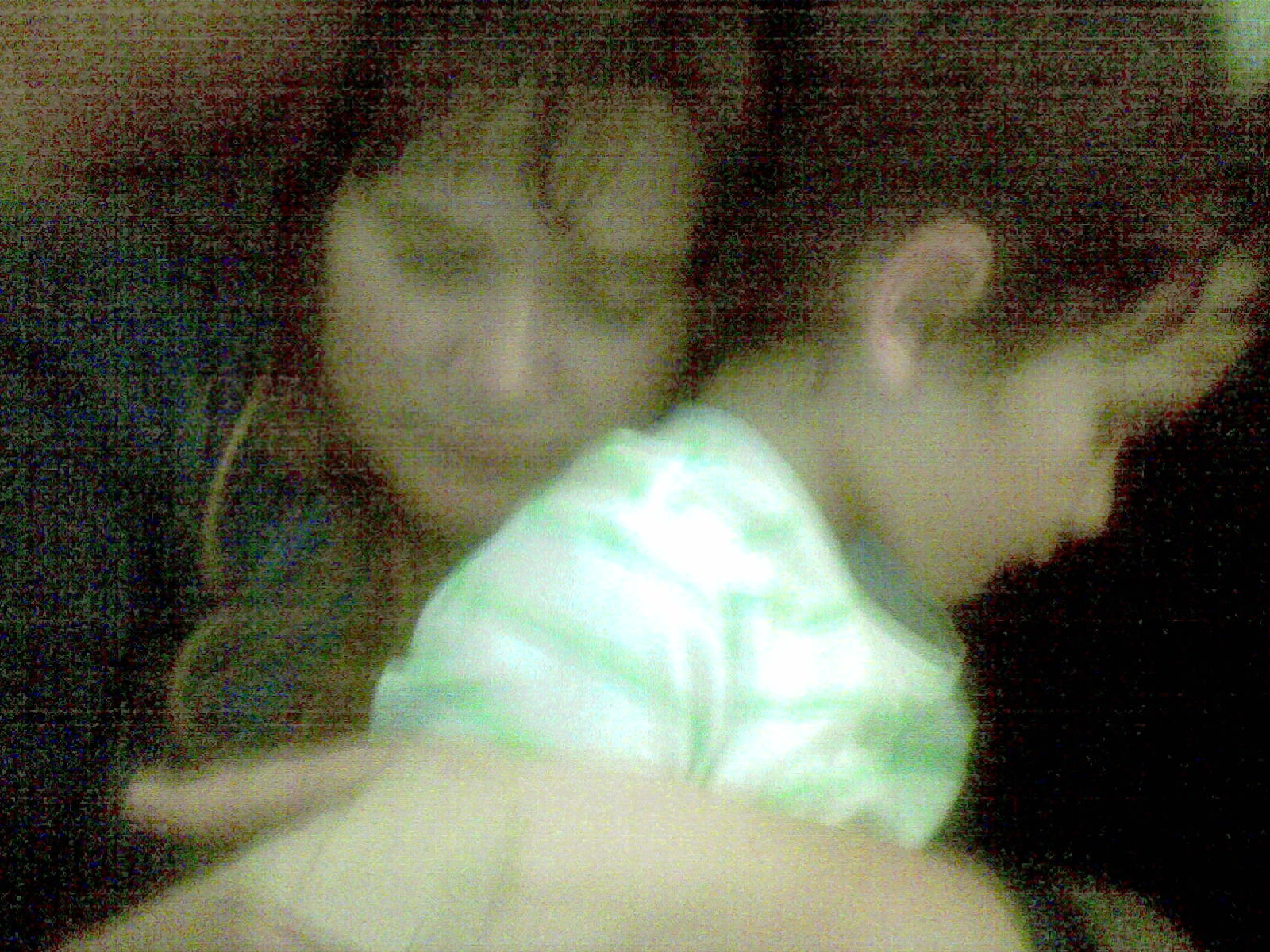You really can’t beat the excitement of bringing home a new baby. You also can’t fully understand the sleep deprivation that accompanies a newborn until you’re in the midst of it. Getting a full seven to nine hours of sleep when you’ve got a newborn in the house takes some extra planning and effort. But, if you and your partner are on the same page, you both have a better chance of getting the sleep you need.
Set Up the Bedroom Environment for Sleep Success
Baby gear may be overtaking your bedroom, but it still needs to be your sleep sanctuary. A sanctuary starts with comfort. Your mattress should be supportive of you and your partner’s preferred sleep positions. If it’s not or if bumps and valleys mark the surface, it might be time for a new model. Has a new baby reduced your budget? Then a mattress topper might be a better solution.
Comfort isn’t your only issue. You’ll be trying to sneak sleep in anytime you can. Try to keep the room as dark and quiet as possible when you or your partner are trying to sleep. Light can disrupt sleep hormones and noise can bring your mind out of sleep, especially in the early sleep stages.
Clear the Air
Clean, fresh air has been shown to improve sleep quality. It doesn’t necessarily help you sleep longer, but improves the depth your sleep and enhances how you feel when you wake up. House plants act as natural air purifiers. NASA even conducted a study to find the plant varieties that best remove biotoxins from indoor air. Plants like aloe vera, the spider plant, and mother-in-law’s tongue can remove toxins like formaldehyde, benzene, and trichloroethylene.
Put Down and Shut Off Your Screens
Are you catching up on social media after lying your baby down for bed at night? The bright blue light emitted from the screen could suppress sleep hormones and make it harder for you to fall asleep later on. Smartphones, televisions, laptops may all be culprits. Some devices have a night or night shift mode that shifts the light from the blue to the red spectrum to help, but you’re better off shutting them down altogether.
Turn In Early
It might be tempting to stay up late for a few precious hours of alone time after your baby has gone to bed. But, their first nighttime feeding rolls around fast. Once your baby is asleep, go to bed and get some sleep before you need to change a diaper or prepare a bottle.

Tag Team Feedings with Your Partner
While breastmilk is always best, tired moms need a few consecutive hours of sleep too. Consider pumping an extra bottle so your partner can take one nighttime feeding. You’ll be amazed at what a difference four consecutive hours of sleep can do. Another option is to pump enough bottles for your partner to take one full night. You can then do feedings the next night. An alternating schedule gives you both a chance to get better sleep, even though it’s not at the same time.
Conclusion
A newborn does make it a challenge to get a good night’s rest. Talk to your partner and devise a plan. With sleep at the top of your priority list, you’ll be better able to recover from birth and adjust to life with a newborn.

Sleep Help is a community devoted to improving sleep hygiene, health and wellness through the creation and dissemination of comprehensive, unbiased, free web-based resources. Our primary mission is getting awareness of sleep health and wellness out there, and our guest post program is a big part of that effort.

